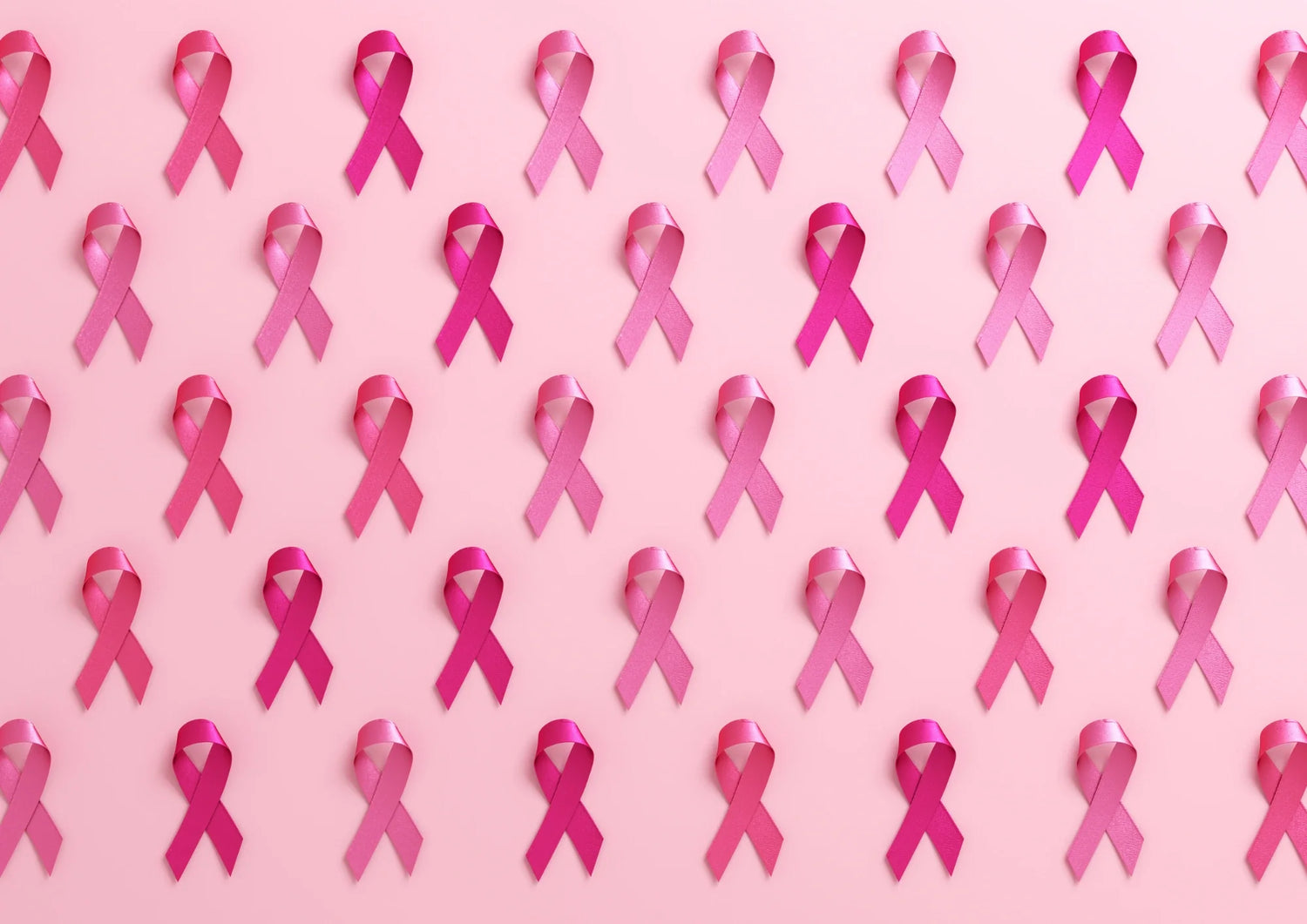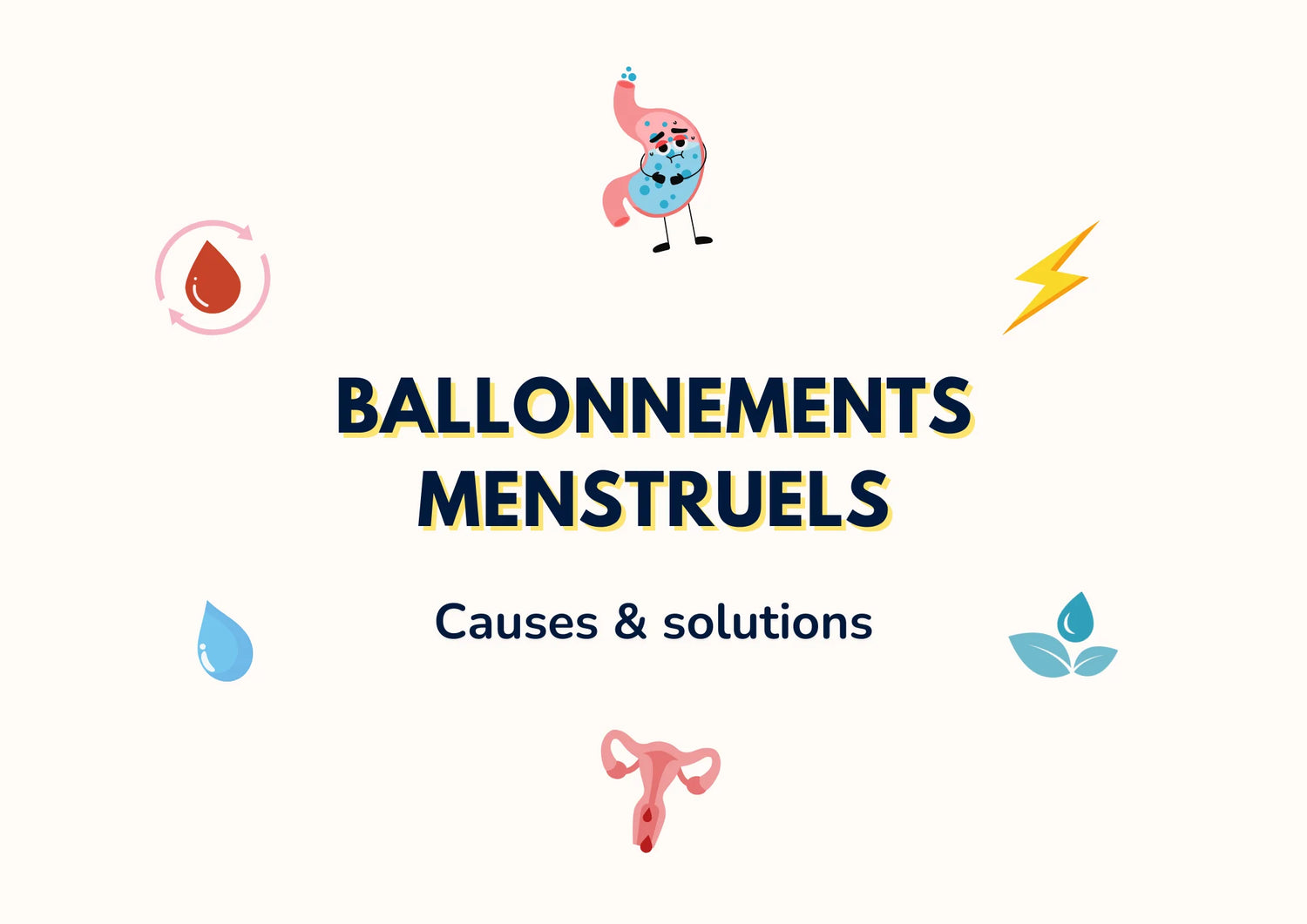On March 8, it's more than just a date on the calendar. This the day is a call to action, a celebration of advancements for women and a reminder of the inequalities still available.
Do yor know why this day exists? What are its origins and why is it still essential? This article will guide you through the history, current issues, and possible actions to continue making progress. 💪
Summary
The history of International Women's Rights Day
Before discussing the current issues, let's go back to the origin of International Women's Day.
Why March 8? This date has become a global symbol, carries the story of struggles and advancements for women's rights.
This day finds its roots in the beginning of the 20th century.
In 1908, American workers protested to demand best working conditions and the right to vote.
These struggles have inspired the International Conference of Socialist Women in 1910, where Clara Zetkin proposed a annual day dedicated to women's rights.
It is finally in 1977 that the UN has officially announced the March 8 as International Women's Rights Day.
Since then, this date is a moment to reflect on the progress made, but also to continue to advocate. equality between men and women.
What does this story mean to you today?
For us, it shows that every action, no matter how small, matters. 🙌
Why celebrate this day today?
You may be wondering: why such a is the day still necessary ? After all, many advancements have been made. Yet, the gender inequalities still persistent in many areas.
The International Women's Rights Day three main objectives:
- Raise awareness of inequalities : you are not unaware that on average, the women still earn 20% less than men at equivalent positions. A persistent reality that illustrates the wage inequalities.
- Celebrate the advancements : for example, more and more countries are adopting laws to protect women against violence or favor equal pay.
- Incourage action : because there is still a long way to go. In some countries, the women still do not have access to education or to some fundamental rights. And even in nations where these rights seemed secured, concerning setbacks are emerging, such as the increasing restrictions on abortion in the United States.
En 2024, the UN emphasizes the technology and innovation in the service of equality. Each year, a specific theme is highlighted for raise awareness and mobilize around women's rights.
Between equal pay, violence against women, female leadership… Every topic deserves to be showcased!
Gender inequalities still present
Despite the advancements, inequalities remain a reality. These figures can sometimes be discouraging, but they are also a reminder of the importance of this struggle for women's rights.
📚 Education: a fundamental right still inaccessible

En raison de la pauvreté, des mariages forcés ou des conflits armés, des millions de jeunes filles voient leur droit à l’éducation bafouée. Pourtant, chaque année de scolarisation supplémentaire augmente leur autonomie financière et leur accès à de meilleures opportunités.
⚕️ Health: care still unequal
Lack of medical facilities, legal prohibitions, or prohibitive costs: all obstacles that prevent millions of women from accessing vital care.
The example of restrictions on abortion in the United States shows that even in developed countries, these rights can be fragile.","isRemoveBranding":true}">

Manque de structures médicales, interdictions légales ou coûts prohibitifs : autant d’obstacles qui empêchent des millions de femmes d’accéder à des soins vitaux.
L’exemple des restrictions de l'IVG aux États-Unis montre que même dans des pays développés, ces droits peuvent être fragiles.
💼 Employment: persistent inequalities
At equivalent positions, they earn on average 20% less than menMoreover, the glass ceiling remains a barrier to their advancement, particularly in the fields of science, technology, and politics.
Encourage him female leadership et equal pay is a necessity for a fairer and more efficient world!","isRemoveBranding":true}">

À poste équivalent, elles gagnent en moyenne 20 % de moins que les hommes. De plus, le plafond de verre reste un frein à leur progression, notamment dans les secteurs de la science, de la technologie et de la politique.
Encourager le leadership féminin et l'égalité salariale est une nécessité pour un monde plus juste et performant !
🚨 Violence: a global emergency

Derrière ces chiffres alarmants, il y a des réalités quotidiennes insoutenables. Briser le silence, soutenir les victimes et renforcer les législations sont des leviers essentiels pour mettre fin à ces violences faites aux femmes !
These inequalities are not a foregone conclusion. Raising awareness, educating, and taking action are the keys to evolving society towards a real and sustainable equality between women and men. 💪
Focus on women's rights around the world
Les Inequalities vary according to the regions of the world. But everywhere, women are fighting to obtain rights fundamentals.
What are the most urgent challenges today?
- Crisis regions : in some countries, the women fight pour access education ou à rights basics, like the right to vote or freedom to work.
- The role of international organizations : institutions such as the UN or local NGOs play a key role in promote equality.
- Examples of advancements : in some countries, ambitious policies promote gender equality :
- France : the law on parity requires political parties to present as many women as men in the elections, under the threat of financial penalties.
- Norway & Sweden : these countries impose women's quotas in politics, with visible results: in Sweden, the Parliament is made up of about 46% women, and in Norway, more than 40% of the seats are occupied by women.
- Iceland : first country to make any salary difference between genders illegal. Since 2018, companies must prove that their pay is equal for equivalent work, under penalty of fines.
- Spain : implementation of salary transparency, obliging companies to justify the wage gaps between men and women.
These policies show that strong political will allows for reduce inequalities and improve women's lives in a concrete way. 💪
A constantly fragile battle: Worrying setbacks in women's rights
Despite the progress made thanks to the feminist mobilizations and to policies in favor of equality, some countries are currently experiencing concerning setbacks.
-
United States: rights called into question
In 2022, the Supreme Court of the United States has overturned the Roe v. Wade decision, which has guaranteed since 1973 the constitutional right to abortion.
From now on, each State can prohibit or severely restrict access to abortion, a major regression for the women's rights.
In some states, such as Texas or Oklahoma, Abortion is almost completely banned, putting millions of women at risk. -
Afghanistan: the repression of fundamental rights
Since the return of the Taliban to power in 2021, the women's rights have drastically declined.
The Afghan women are excluded from universities and many jobs, and their freedom of movement is increasingly restricted. -
Poland: tightening of abortion laws
In 2020, Poland adopted one of the most restrictive abortion laws in Europe, prohibiting abortion even in cases of fetal malformation. This decision has led to tragedies, with some women dying due to lack of appropriate care.
These examples remind us that nothing is ever guaranteed and that the women's rights, even in developed countries, can to be called into question.
This is why the International Women's Rights Day remains essential. It not only allows you to celebrate the advancements, but also of remind that vigilance and mobilization remain necessary. 💪
How to act and support International Women's Rights Day?
Are you wondering how to contribute to this big movement for women's rights? Know that every gesture counts.
Individual actions
Participate in local events, learn about inequalities, make some donations to charities and schools or share educational content.
Collective actions
Join a feminist organization, support educational projects for girls or advocate for more equitable policies.
Support committed brands
Favor companies that actively defend women's rights, comme Sorio.
💡At Sorio, we regularly make some donations of menstrual swimwear to the Occitanie association UCRM (Union Cépière Robert Monnier).
This association aims to work with audiences in situations of social disconnection or at risk of vulnerability, and offers social support for and in housing, accommodation, training, and professional integration.

A day, but a daily struggle
Le March 8 is a special day, but the struggle for women's rights equality not be limited to a date. It must be continue every day!
To create a real impact, it is essential to stay engaged throughout the year. Equality is not only played out during major mobilization days, but also in everyday actions, such as:
- Feminizing your job title
- Demand professional recognition equivalent to that of their male colleagues
- Address the female employees first during meetings to give them more visibility.
- Dare to negotiate your salary
- Reject sexist remarks under the guise of "humor"
- Go vote to defend your rights
- Support committed businesses
- Talk about the inequalities around you
Every action, no matter how small, contributes to making evolve mindsets.
Le fight for gender equality advance thanks to these daily positions, worn by millions of women.
And you, what will be your first step for this cause? 💪
Le March 8 is a day to reflect on the history of women's rights, celebrate the advancements, but also act against inequalities still present. You have discovered the origins of this day, its current stakes, and concrete ways to contribute. Whether by raising awareness among those around you, participating in local initiatives, or supporting educational projects, every action counts.
Together, we can build a fairer world for all. 💜


 https://mysorio.com
https://mysorio.com


